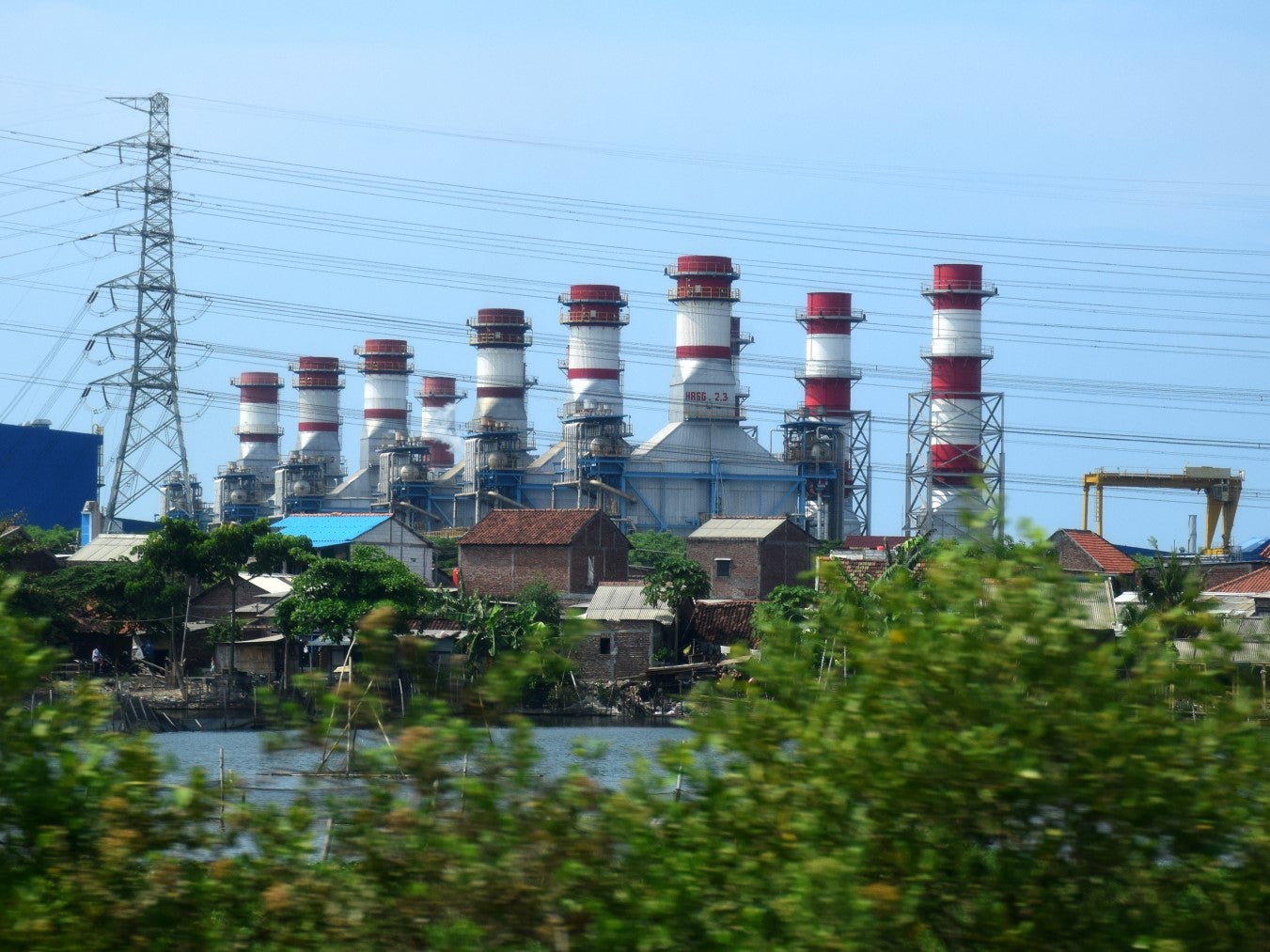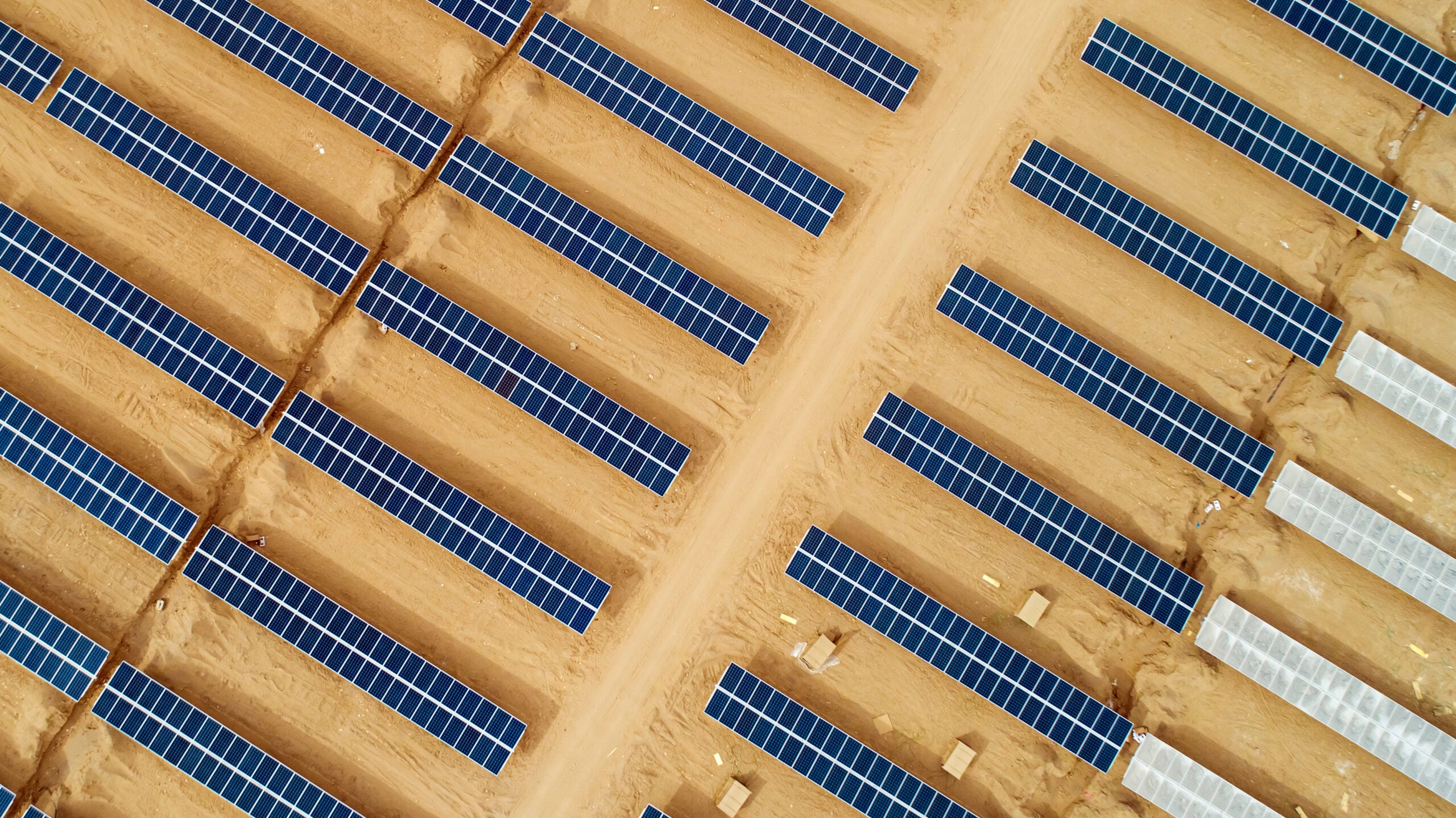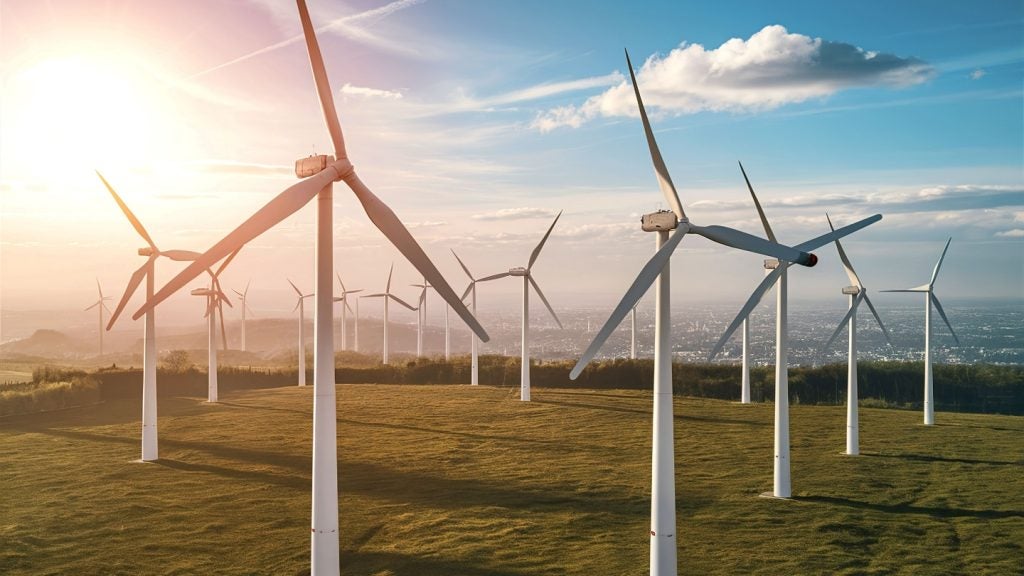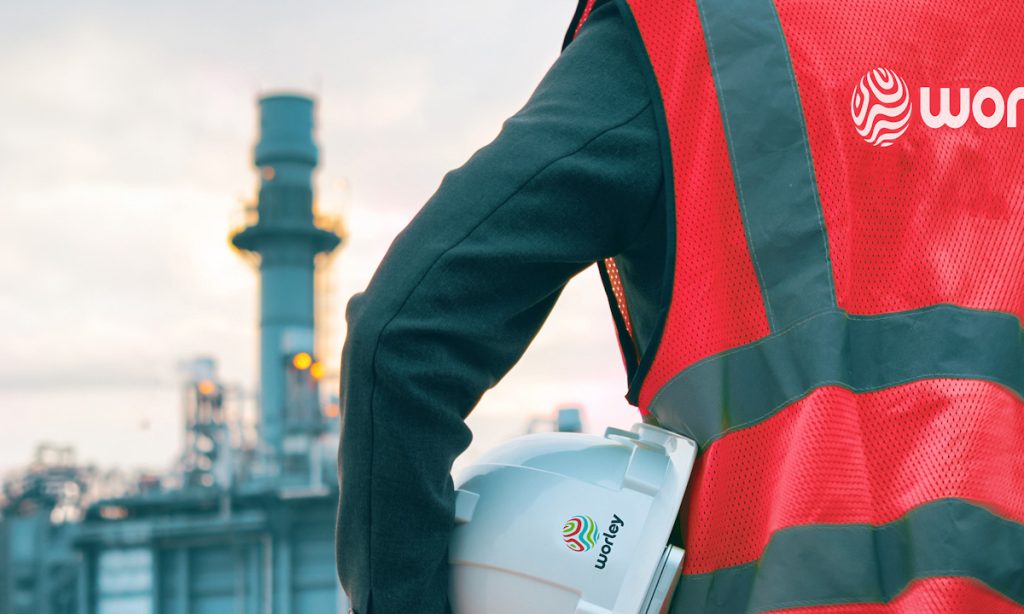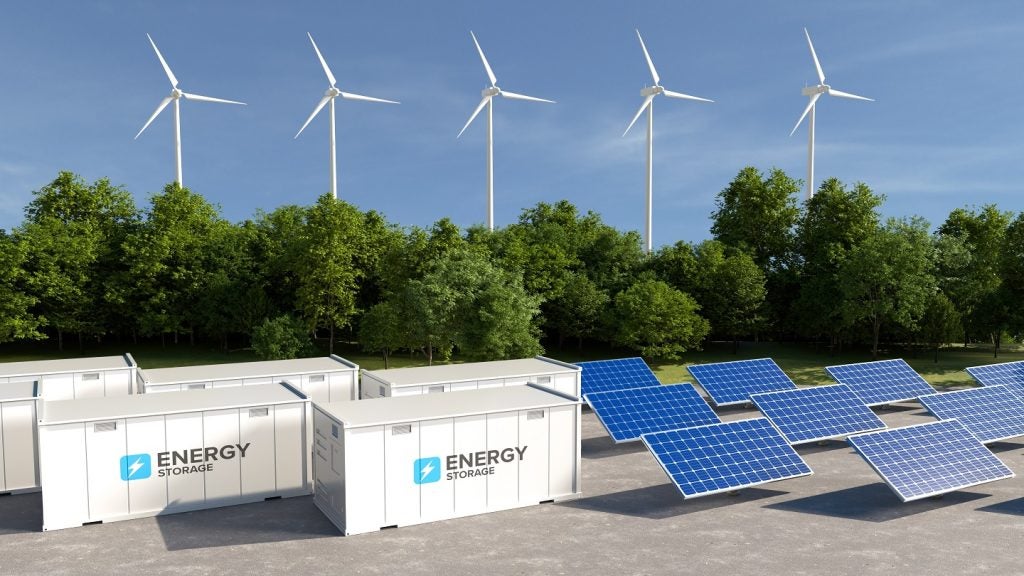Major global economies are moving away from coal to curb their carbon emission. This has landed Indonesia in a tight spot as thermal power capacity is expected to maintain its dominance in the country during 2021-2030.
In 2020, thermal power capacity in Indonesia was 59.38GW making its share 85.6% in total power capacity. Indonesia produced 83.2% of its power generation from thermal sources. Thermal power capacity is expected to reach 92.53GW by 2030 maintaining its dominance in the country. During 2021-2030, thermal power generation will be dominated by coal-based electricity generation.
How well do you really know your competitors?
Access the most comprehensive Company Profiles on the market, powered by GlobalData. Save hours of research. Gain competitive edge.

Thank you!
Your download email will arrive shortly
Not ready to buy yet? Download a free sample
We are confident about the unique quality of our Company Profiles. However, we want you to make the most beneficial decision for your business, so we offer a free sample that you can download by submitting the below form
By GlobalDataIn last two years, Indonesia Government have signalled that they plan to transition away from coal power. The energy ministry even announced that they are considering shutting down ageing coal power plants to replace with renewable power plants. However, with no nuclear power capacity and minimal hydropower capacity, a rapid transitioning from dominant thermal power to renewable power threaten the energy security of the country.
The growth of renewable power in Indonesia is still in its early phase. In 2000, renewable power capacity in Indonesia stood at 1.3GW which increased to 4.3GW in 2020. Renewable power capacity is expected to grow at a CAGR of 12.5% to reach 14.9GW by 2030. By 2030, the country is expected to produce 62.2TWh of its electricity from renewable sources which will only be around 13% of total power generation in the country.
Indonesia has a significant potential for renewable power development. But, compared to other APAC countries Indonesia lags in renewable energy development. One of the prominent factors causing this slow growth is the absence of decisive renewable energy policy and over-regulation with respect to foreign investment.

Moreover, coal is one of the major drivers for Indonesian economy. Indonesia is one of the major producers of coal in the world. So, coal-based power generation offers energy independence for the country. Moving away from coal not only threaten energy security of the country, but it also impacts the economic stability.


